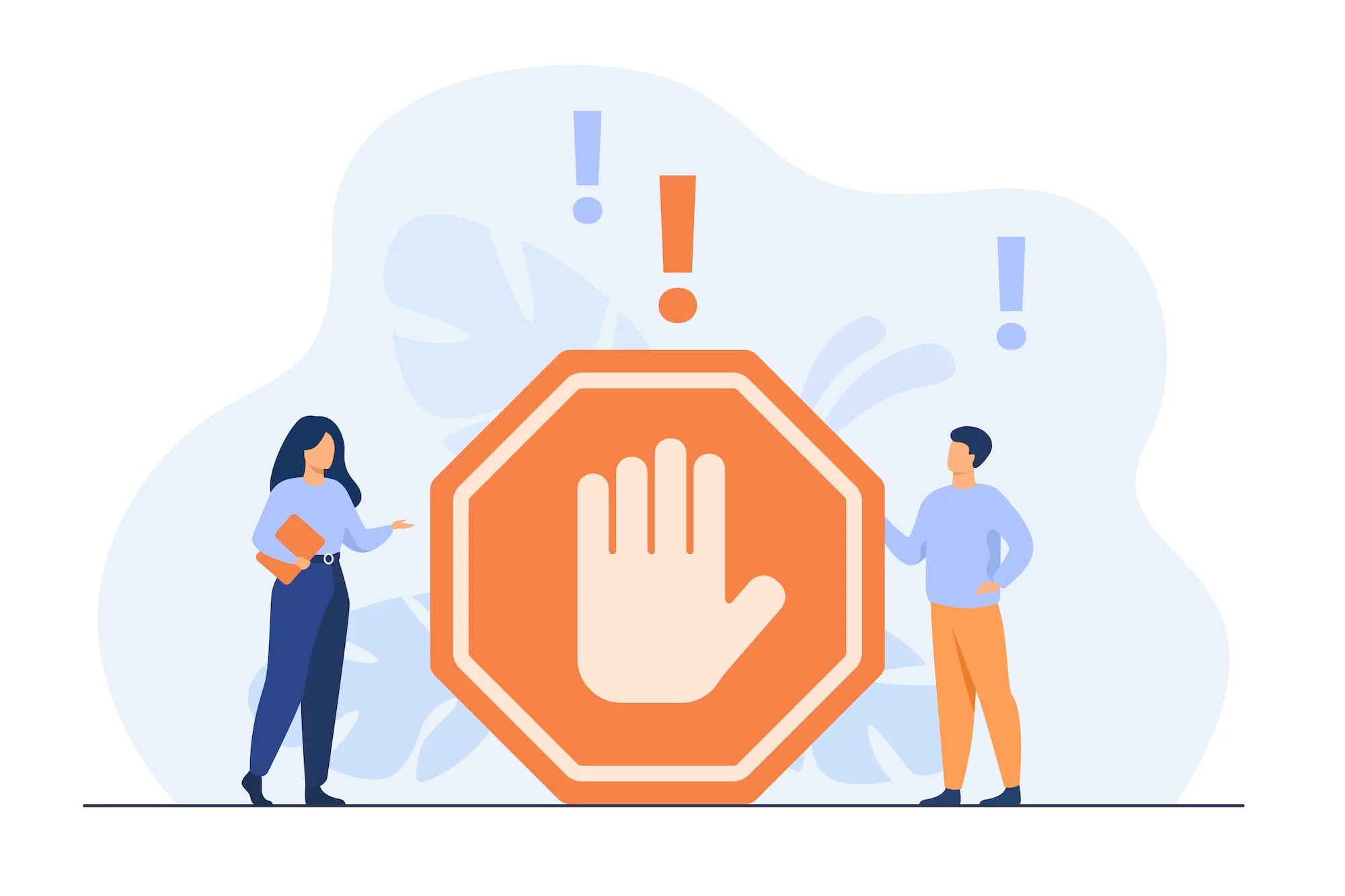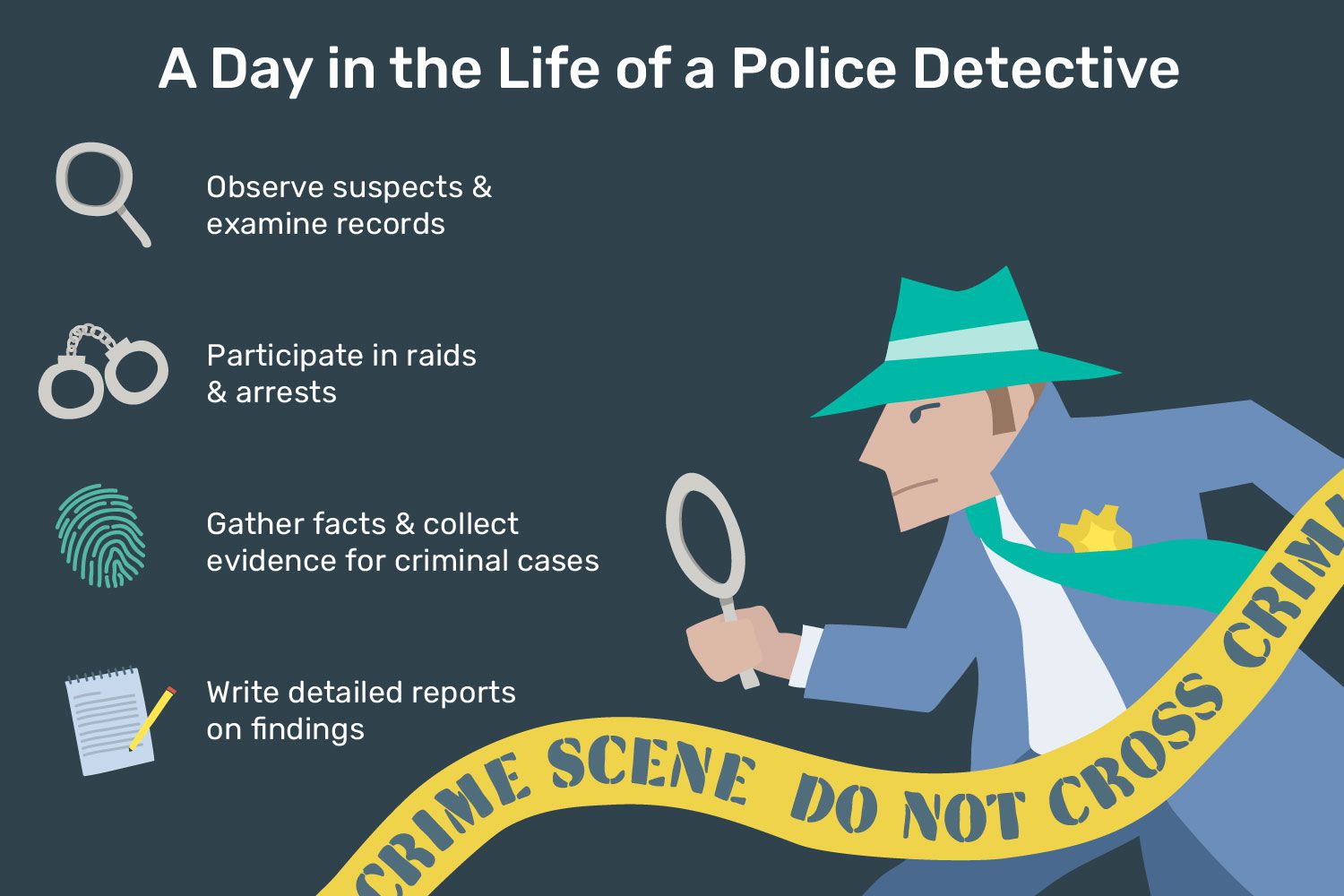The following article is intended for informational purposes only and should not be construed as legal advice. If you are facing charges related to aggravated harassment, it is imperative that you consult a qualified attorney for personalized guidance tailored to your situation.
Aggravated Harassment in the First Degree is a Class E Felony under New York Penal Law Section 240.31. This offense is grave and could result in severe penalties, including imprisonment. This blog offers insights into this criminal charge and its ramifications for those located in New York City.
Legal Definition
Aggravated Harassment in the First Degree Under New York Penal Law Section 240.31
A person is guilty of aggravated harassment in the first degree when, with intent to harass, annoy, threaten, or alarm another person because of a belief or perception regarding such person’s race, color, national origin, ancestry, gender, religion, religious practice, age, disability, or sexual orientation—regardless of whether the belief or perception is correct—he or she:
- Damages premises primarily used for religious purposes, or acquired pursuant to section six of the religious corporation law and maintained for purposes of religious instruction, and the damage to the premises exceeds fifty dollars; or
- Commits the crime of aggravated harassment in the second degree in the manner proscribed by the provisions of subdivision three of section 240.30 of this article and has been previously convicted of the crime of aggravated harassment in the second degree for the commission of conduct proscribed by the provisions of subdivision three of section 240.30, or he has been previously convicted of the crime of aggravated harassment in the first degree within the preceding ten years; or
- Etches, paints, draws upon or otherwise places a swastika, commonly exhibited as the emblem of Nazi Germany, on any building or other real property, public or private, owned by any person, firm or corporation or any public agency or instrumentality, without express permission of the owner or operator of such building or real property; or
- Sets on fire a cross in public view; or
- Etches, paints, draws upon or otherwise places or displays a noose, commonly exhibited as a symbol of racism and intimidation, on any building or other real property, public or private, owned by any person, firm or corporation or any public agency or instrumentality, without express permission of the owner or operator of such building or real property.
Penalties
A conviction of Aggravated Harassment in the First Degree, a Class E Felony in NYC, can carry severe penalties, such as:
- Up to 4 years of imprisonment
- Significant fines
- Probation in New York
- A permanent criminal record
Important Advice: Handling Law Enforcement Inquiries in NYS
If you receive a call from a detective or any other law enforcement agency in New York regarding harassment charges or any other alleged criminal involvement, it is crucial to exercise your right to remain silent. Direct them to contact your criminal defense attorney immediately. Engaging in conversations with authorities can inadvertently lead to self-incrimination, even when you believe you are simply clearing your name. Consulting an experienced New York criminal defense lawyer before any interaction with law enforcement can be a safeguard against jeopardizing your defense.
Conclusion: Contact a Criminal Defense Attorney in NYC
If you or someone you know is facing Aggravated Harassment in the First Degree or other criminal charges in New York City, immediate legal action is imperative. Contact ILGANAYEV LAW FIRM, PLLC to discuss how we can zealously defend your rights in the complex landscape of NYC’s criminal justice system. For more information, contact our office at 646.396.8050 or via email at ilganayevlaw@gmail.com. If you are facing criminal charges, call or text the number above.
ATTORNEY ADVERTISING. This blog post is provided for informational purposes only and does not constitute legal advice. For specific legal guidance related to your situation, please consult with an attorney. Prior results do not guarantee a similar outcome.




